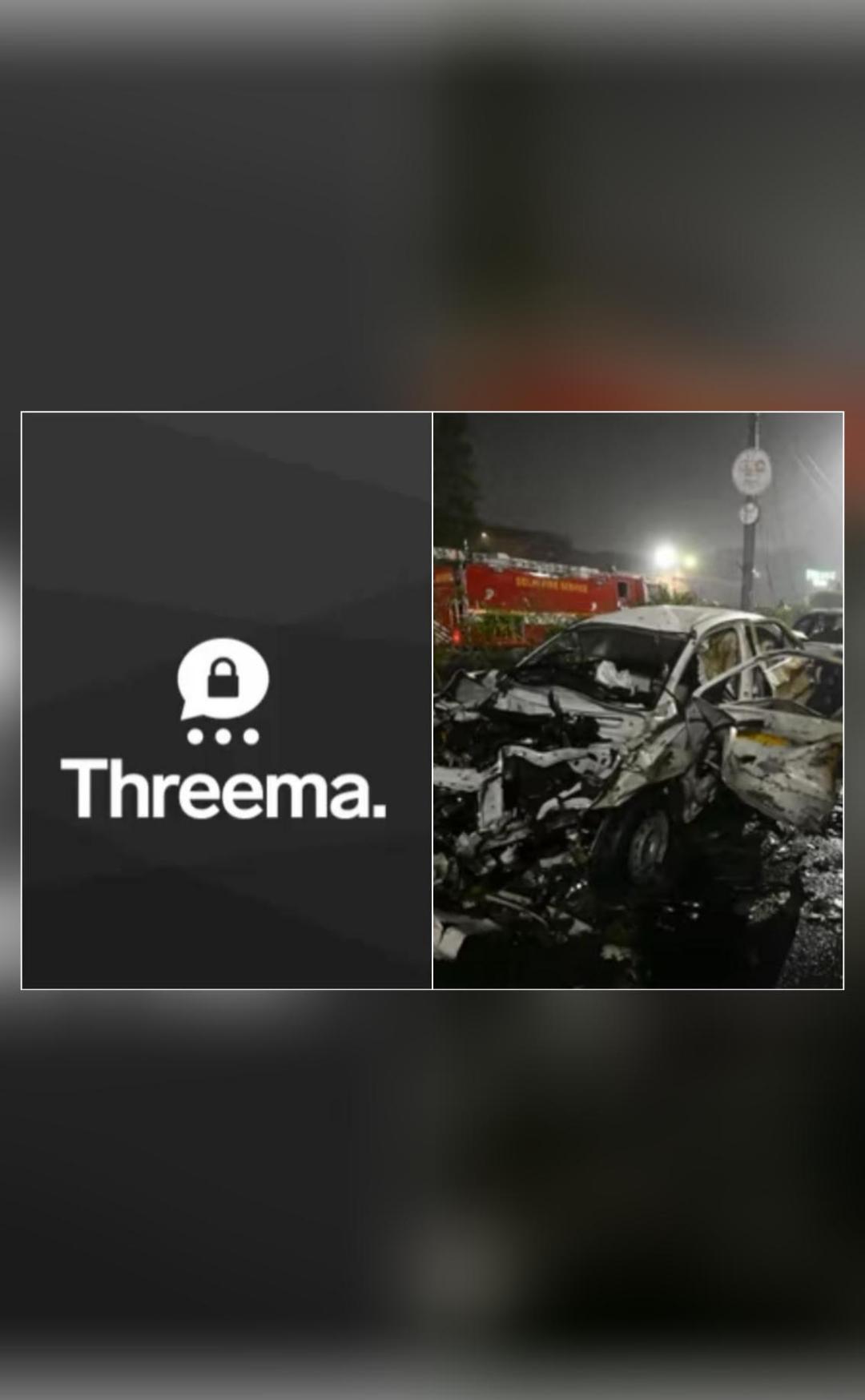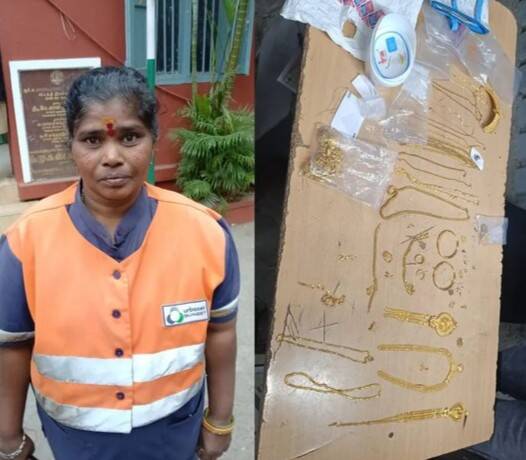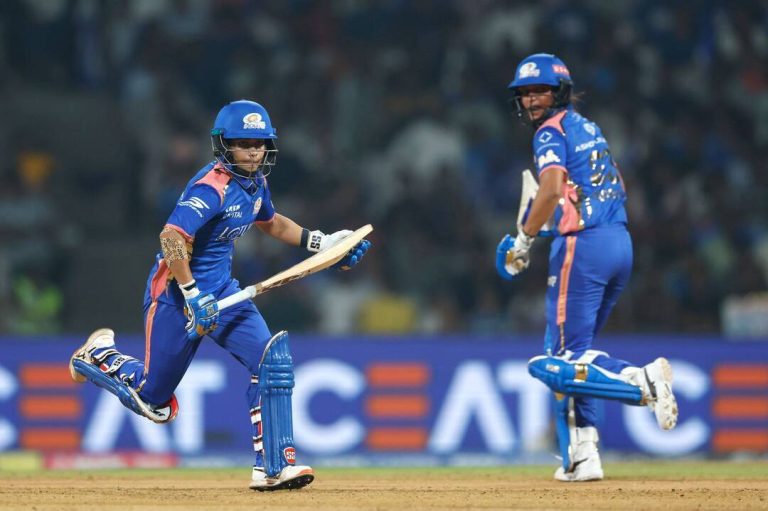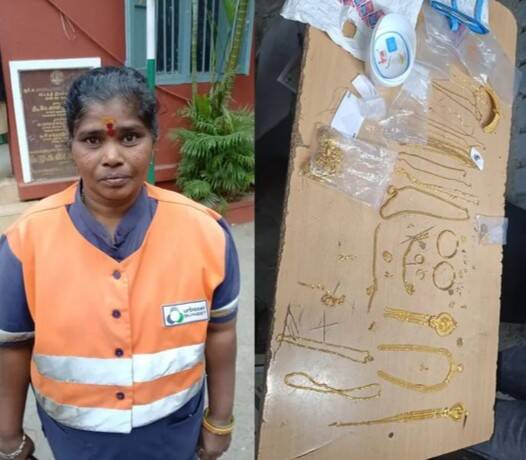
Delhi Terror Attack Accused Doctors Used Swiss App Threema to Plan & Coordinate: Police
In a shocking revelation, it has been discovered that the accused doctors in the Delhi terror attack case used a Swiss encrypted messaging app called Threema to plan and coordinate their activities. The three doctors, Dr. Umar Nabi, Dr. Muzammil Ganaie, and Dr. Shaheen Shahid, who are being investigated for the blast near Delhi’s Red Fort, allegedly used this app to constantly keep in touch and discuss their terror plans.
According to police sources, Threema is a highly secure messaging app that does not require a phone number or email ID for registration, making it extremely difficult to trace its users. This feature made it an attractive option for the accused doctors, who wanted to keep their communications private and hidden from the prying eyes of law enforcement agencies.
The use of Threema by the accused doctors is a significant development in the case, as it highlights the increasing use of technology by terror groups to plan and coordinate their activities. The app’s end-to-end encryption and anonymous registration process made it an ideal tool for the doctors to discuss their plans without fear of being detected.
The police have been investigating the role of the three doctors in the Delhi terror attack, and the discovery of their use of Threema has provided a significant lead in the case. The app’s records are being analyzed to gather more information about the doctors’ plans and to identify any other individuals who may have been involved in the conspiracy.
The use of encrypted messaging apps like Threema by terror groups is a growing concern for law enforcement agencies around the world. These apps provide a secure and anonymous means of communication, making it difficult for authorities to track and monitor the activities of terror suspects. The case of the Delhi terror attack accused doctors is a stark reminder of the challenges faced by law enforcement agencies in the digital age.
In recent years, there have been several instances of terror groups using encrypted messaging apps to plan and coordinate their activities. The use of these apps has made it increasingly difficult for law enforcement agencies to gather intelligence and prevent terror attacks. The Delhi terror attack case is just one example of how these apps can be used to facilitate terror activities.
The police have been working to crack down on the use of encrypted messaging apps by terror groups, but it is a complex and challenging task. The anonymous nature of these apps makes it difficult to identify and track down terror suspects, and the end-to-end encryption makes it impossible to intercept and decode messages.
The case of the Delhi terror attack accused doctors highlights the need for law enforcement agencies to develop new strategies and techniques to combat the use of encrypted messaging apps by terror groups. This may include working with tech companies to develop new tools and technologies to track and monitor the use of these apps, as well as increasing international cooperation to share intelligence and best practices.
In conclusion, the use of Threema by the Delhi terror attack accused doctors is a significant development in the case, and it highlights the growing use of technology by terror groups to plan and coordinate their activities. The case is a reminder of the challenges faced by law enforcement agencies in the digital age, and the need for new strategies and techniques to combat the use of encrypted messaging apps by terror groups.
As the investigation into the Delhi terror attack continues, it is likely that more information will come to light about the use of Threema and other encrypted messaging apps by terror groups. The case is a stark reminder of the importance of vigilance and cooperation in the fight against terror, and the need for law enforcement agencies to stay one step ahead of terror groups in the digital age.
News Source: https://repository.inshorts.com/articles/en/PTI/f2a8ca2c-2fb5-4ada-b46a-28e29563f0c3






